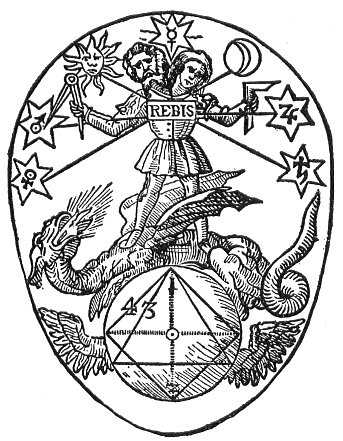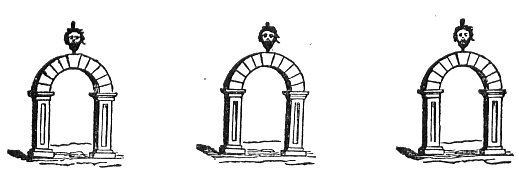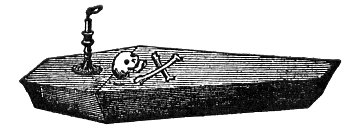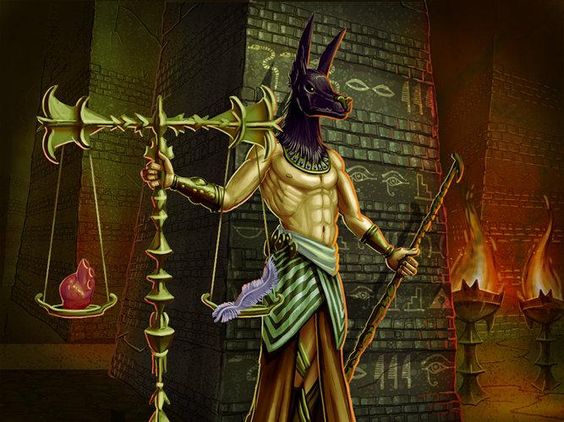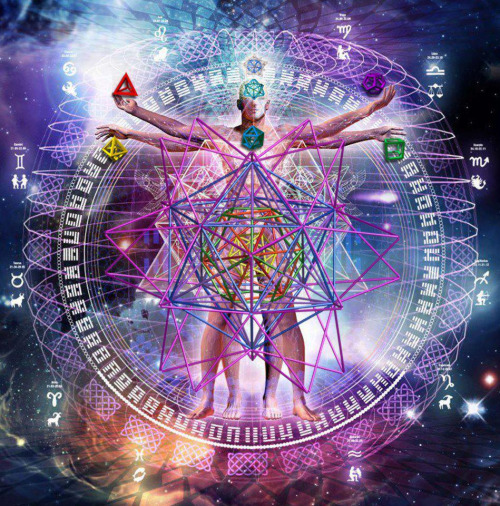p. 220
when he hath them not; that is, not sadder if they are in his neighbor’s exchequer, nor more lifted up if they shine around about his own walls; one that is not moved with good fortune coming to him, nor going from him; that can look upon another man’s lands with equanimity and pleasure, as if they were his own; and yet look upon his own, and use them too, just as if they were another man’s; that neither spends his goods prodigally and foolishly, nor yet keeps them avariciously and like a miser; that weighs not benefits by weight and number, but by the mind and circumstances of him who confers them; that never thinks his charity expensive, if a worthy person be the receiver; that does nothing for opinion’s sake, but everything for conscience, being as careful of his thoughts as of his acting in markets and theatres, and in as much awe of himself as of a whole assembly; that is, bountiful and cheerful to his friends, and charitable and apt to forgive his enemies; that loves his country, consults its honor, and obeys its laws, and desires and endeavors nothing more than that he may do his duty and honor God. And such a Mason may reckon his life to be the life of a man, and compute his months, not by the course of the sun, but by the zodiac and circle of his virtues.
The whole world is but one republic, of which each nation is a family, and every individual a child. Masonry, not in anywise derogating from the differing duties which the diversity of states requires, tends to create a new people, which, composed of men of many nations and tongues, shall all be bound together by the bonds of science, morality, and virtue.
Essentially philanthropic, philosophical, and progressive, it has for the basis of its dogma a firm belief in the existence of God and his providence, and of the immortality of the soul; for its object, the dissemination of moral, political, philosophical, and religious truth, and the practice of all the virtues. In every age, its device has been, “Liberty, Equality, Fraternity,” with constitutional government, law, order, discipline, and subordination to legitimate authority–government and not anarchy.
But it is neither a political party nor a religious sect. It embraces all parties and all sects, to form from among them all a vast fraternal association. It recognizes the dignity of human nature, and man’s right to such freedom as he is fitted for; and it knows nothing that should place one man below another, except
p. 221
ignorance, debasement, and crime, and the necessity of subordination to lawful will and authority.
It is philanthropic; for it recognizes the great truth that all men are of the same origin, have common interests, and should co-operate together to the same end.
Therefore it teaches its members to love one another, to give to each other mutual assistance and support in all the circumstances of life, to share each other’s pains and sorrows, as well as their joys and pleasures; to guard the reputations, respect the opinions, and be perfectly tolerant of the errors, of each other, in matters of faith and beliefs.
It is philosophical, because it teaches the great Truths concerning the nature and existence of one Supreme Deity, and the existence and immortality of the soul. It revives the Academy of Plato, and the wise teachings of Socrates. It reiterates the maxims of Pythagoras, Confucius, and Zoroaster, and reverentially enforces the sublime lessons of Him who died upon the Cross.
The ancients thought that universal humanity acted under the influence of two opposing Principles, the Good and the Evil: of which the Good urged men toward Truth, Independence, and Devotedness; and the Evil toward Falsehood, Servility, and Selfishness. Masonry represents the Good Principle and constantly wars against the evil one. It is the Hercules, the Osiris, the Apollo, the Mithras, and the Ormuzd, at everlasting and deadly feud with the demons of ignorance, brutality, baseness, falsehood, slavishness of soul, intolerance, superstition, tyranny, meanness, the insolence of wealth, and bigotry.
When despotism and superstition, twin-powers of evil and darkness, reigned everywhere and seemed invincible and immortal, it invented, to avoid persecution, the mysteries, that is to say, the allegory, the symbol, and the emblem, and transmitted its doctrines by the secret mode of initiation. Now, retaining its ancient symbols, and in part its ancient ceremonies, it displays in every civilized country its banner, on which in letters of living light its great principles are written; and it smiles at the puny efforts of kings and popes to crush it out by excommunication and interdiction.

Moe is the founder of GnosticWarrior.com. He is a father, husband, author, martial arts black belt, and an expert in Gnosticism, the occult, and esotericism.

